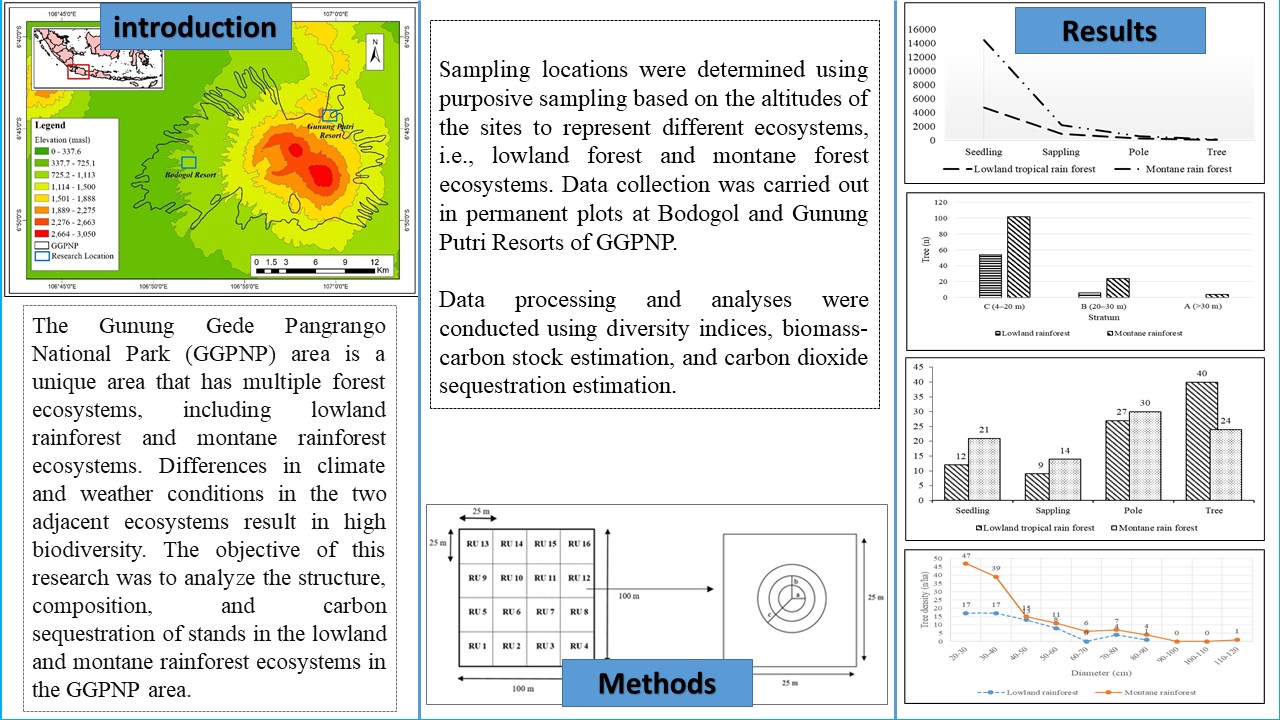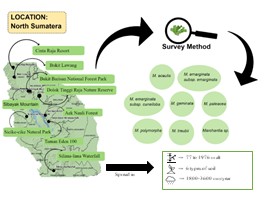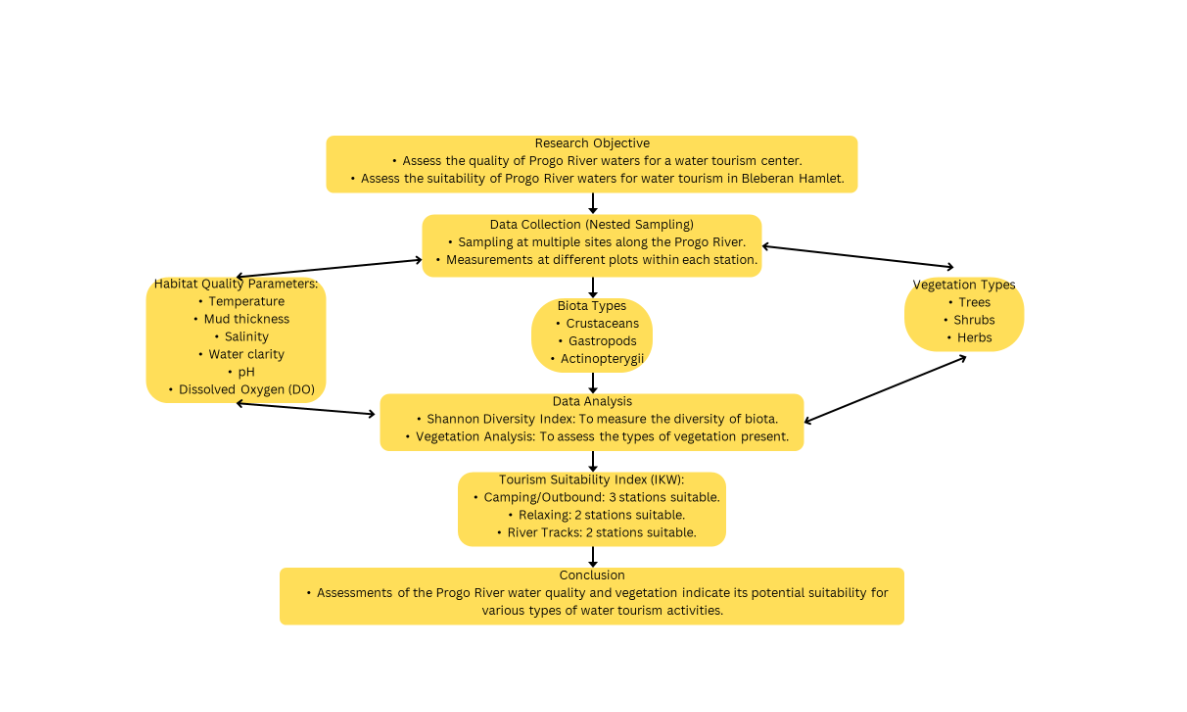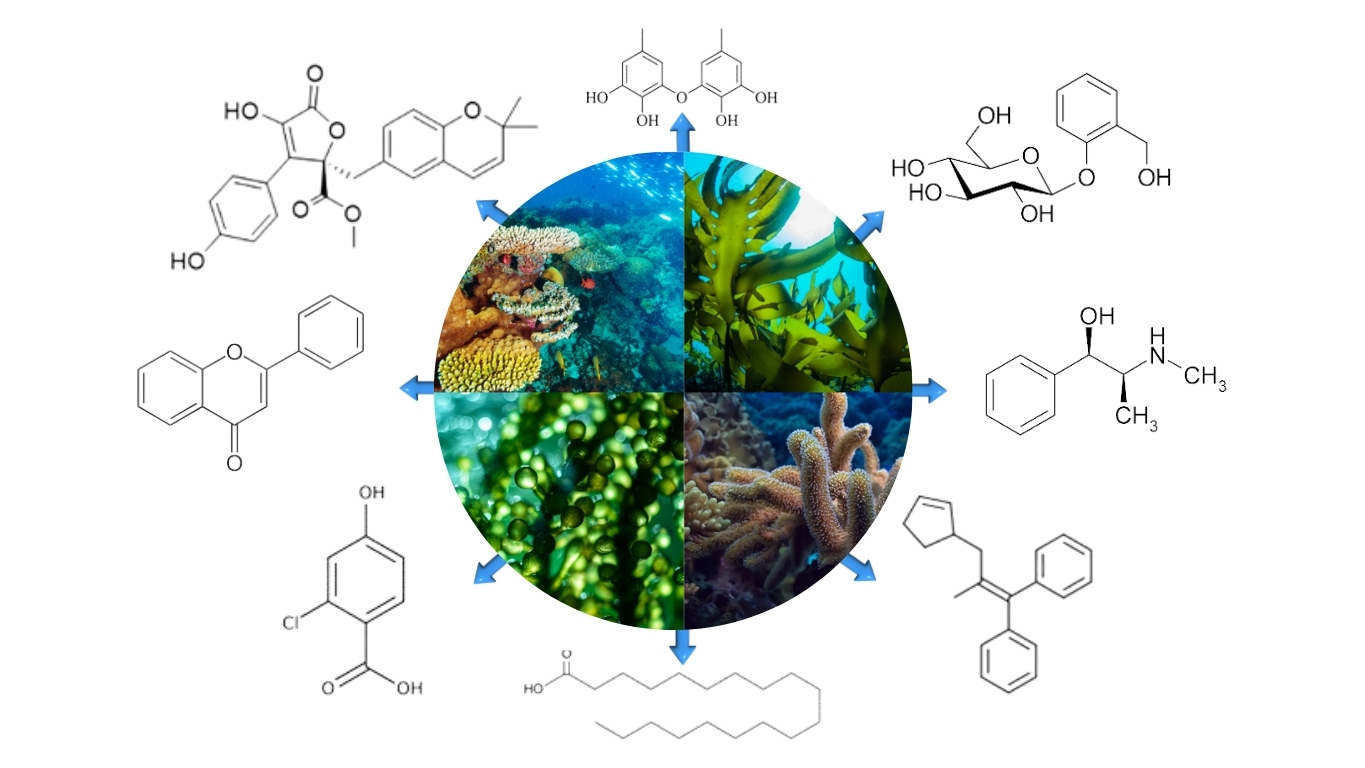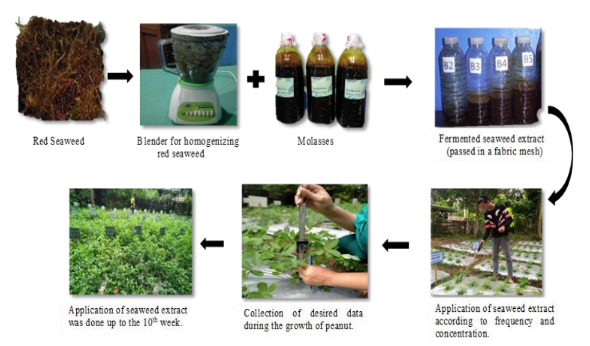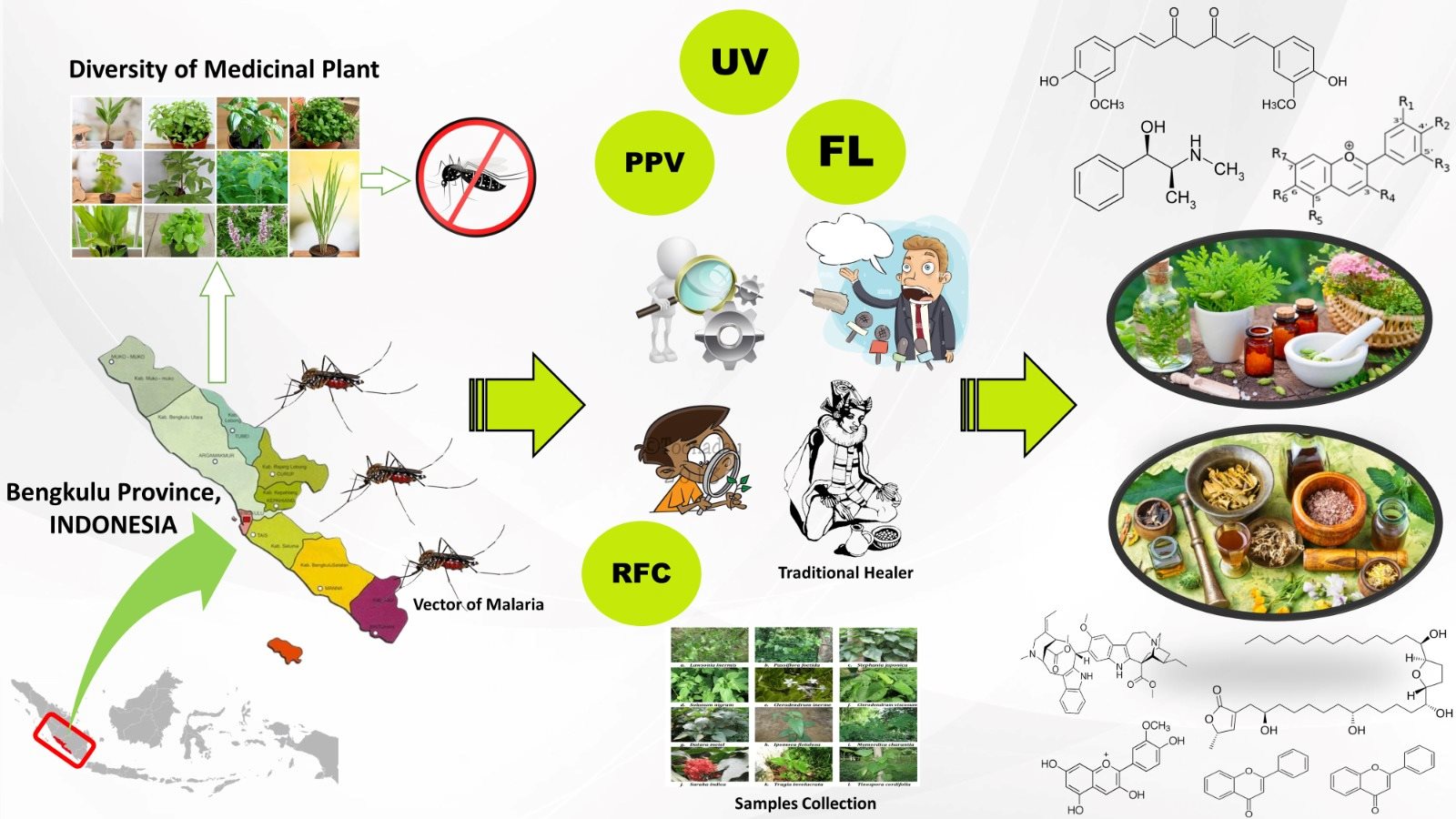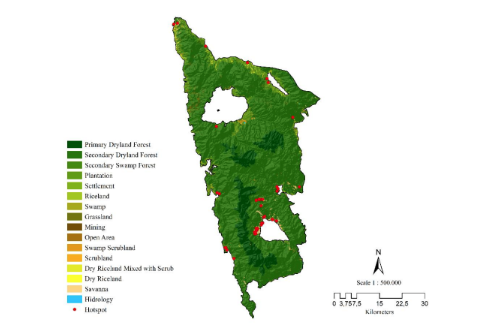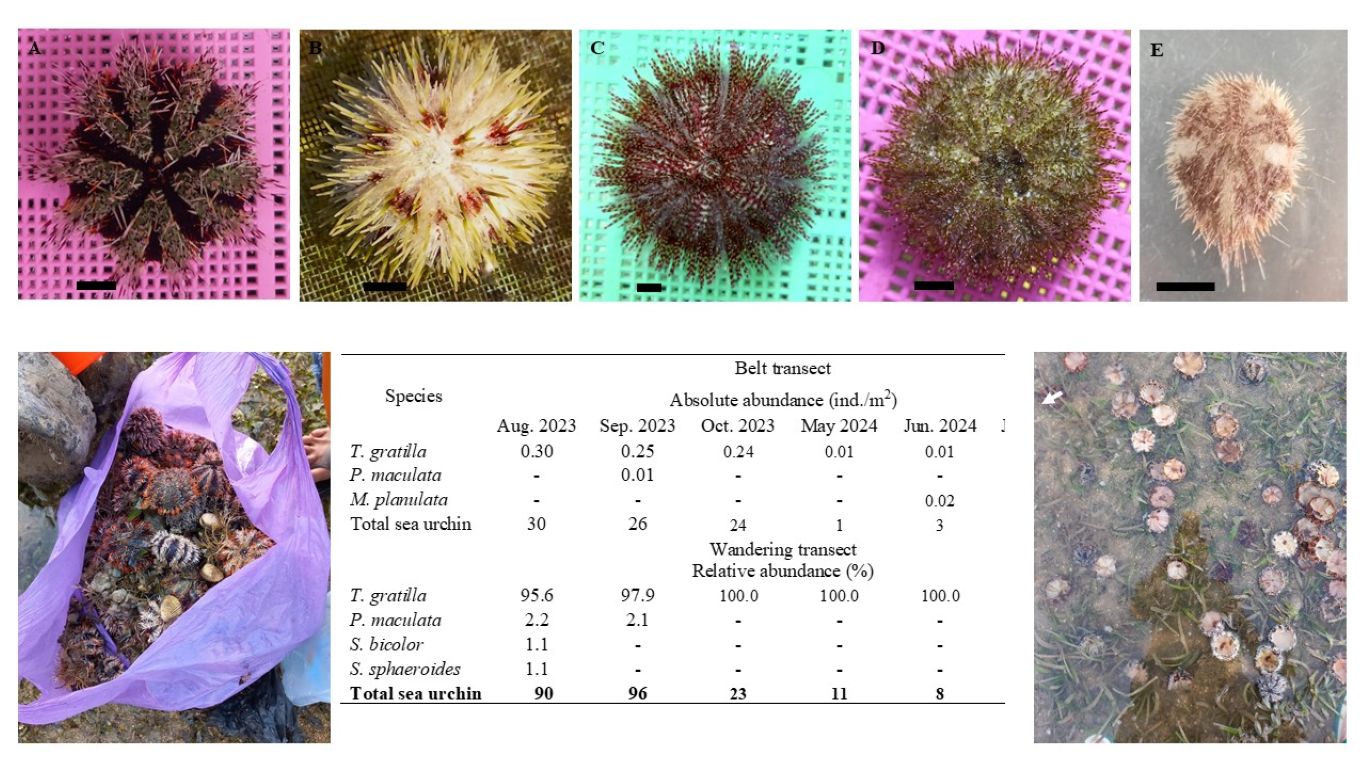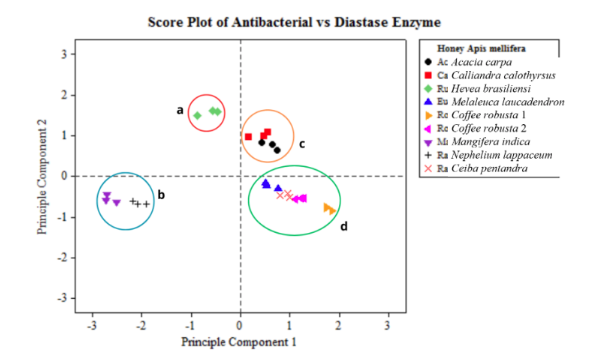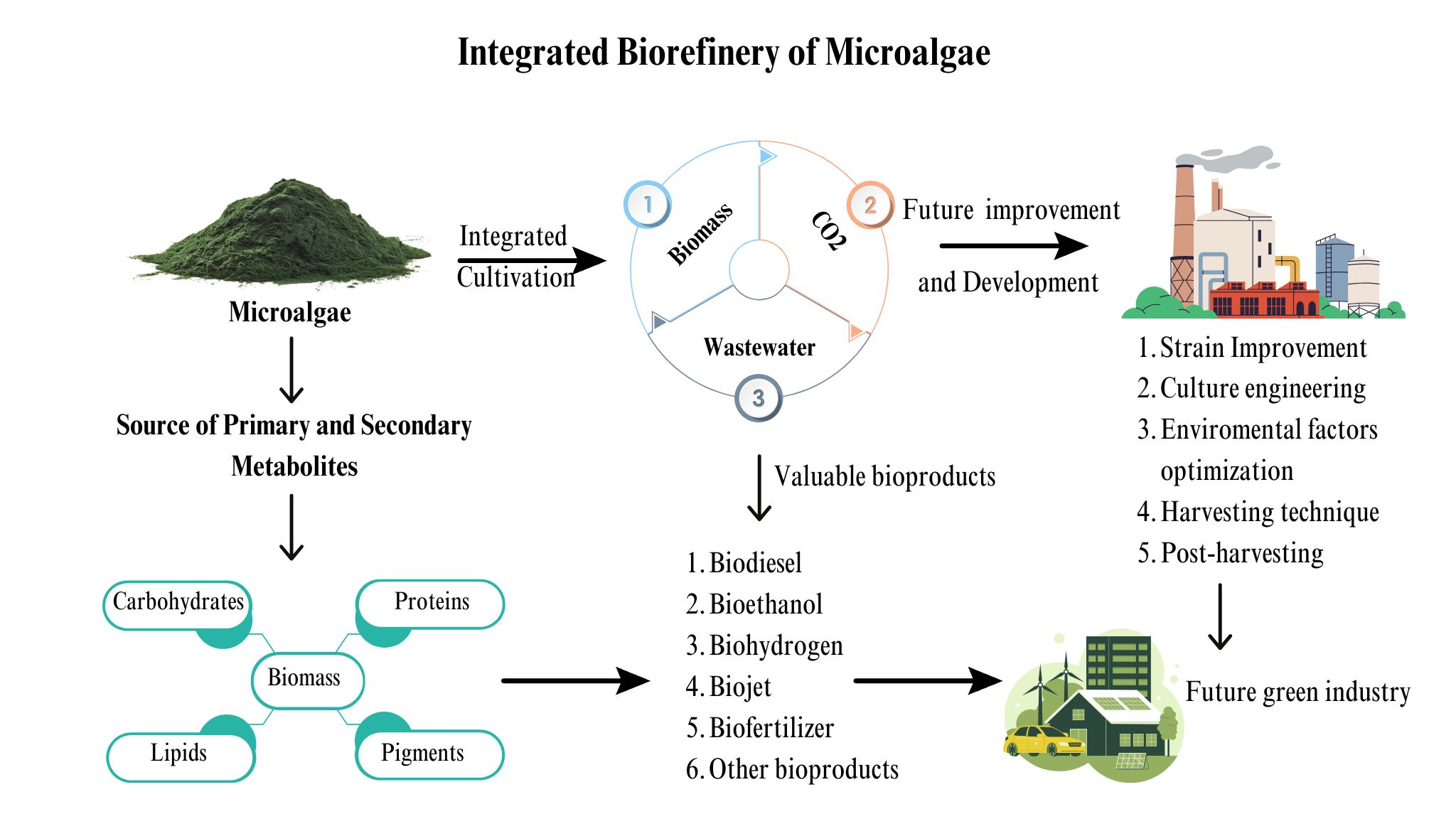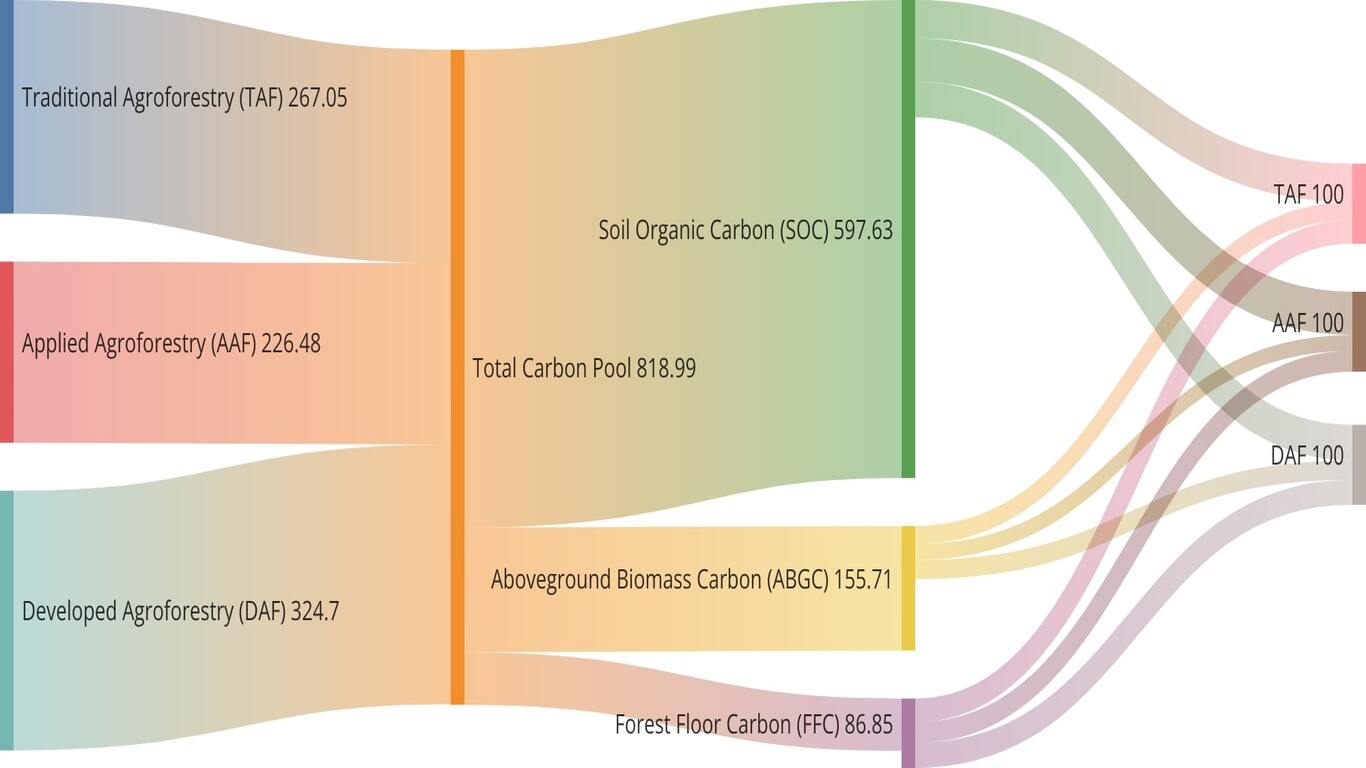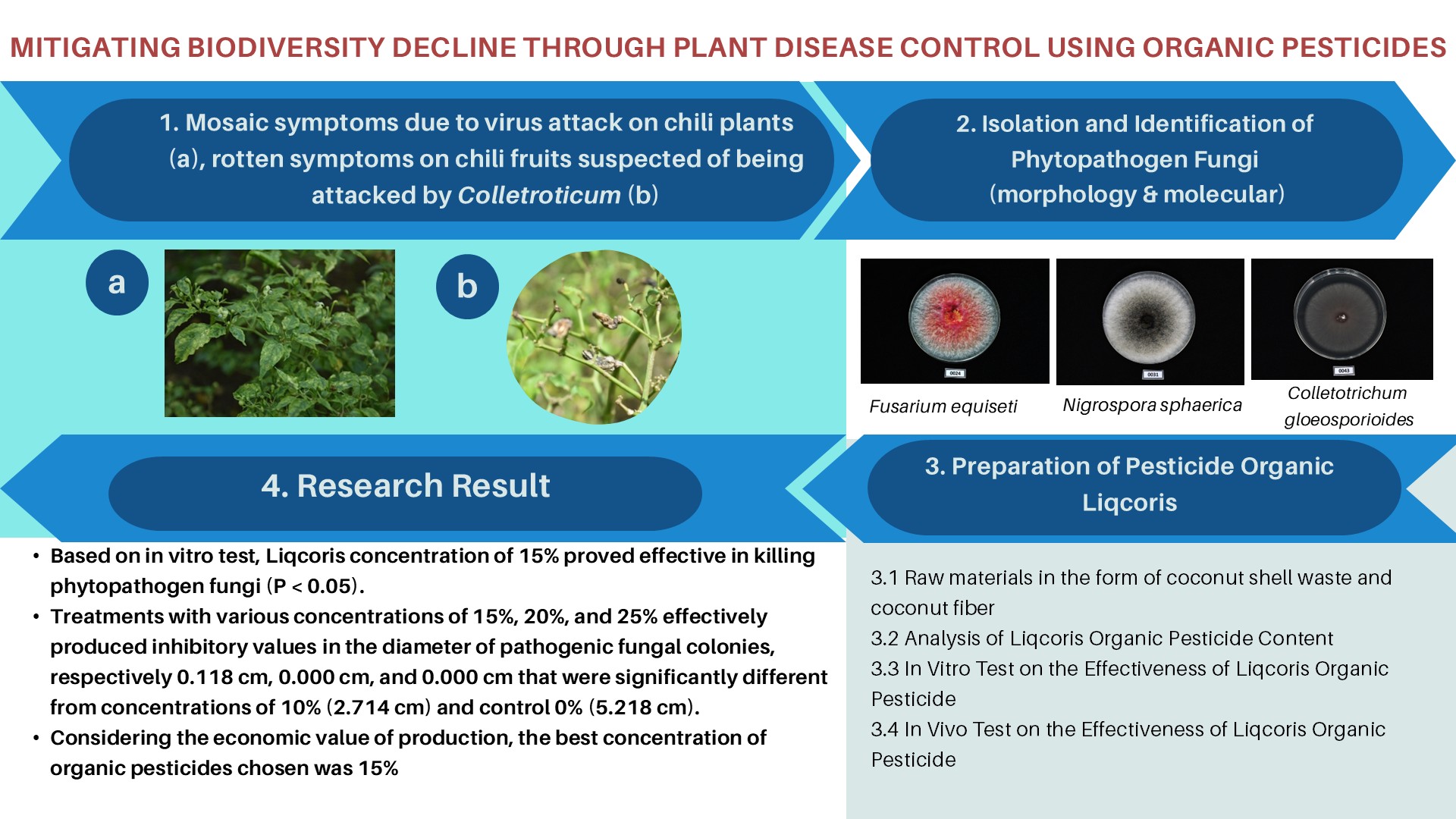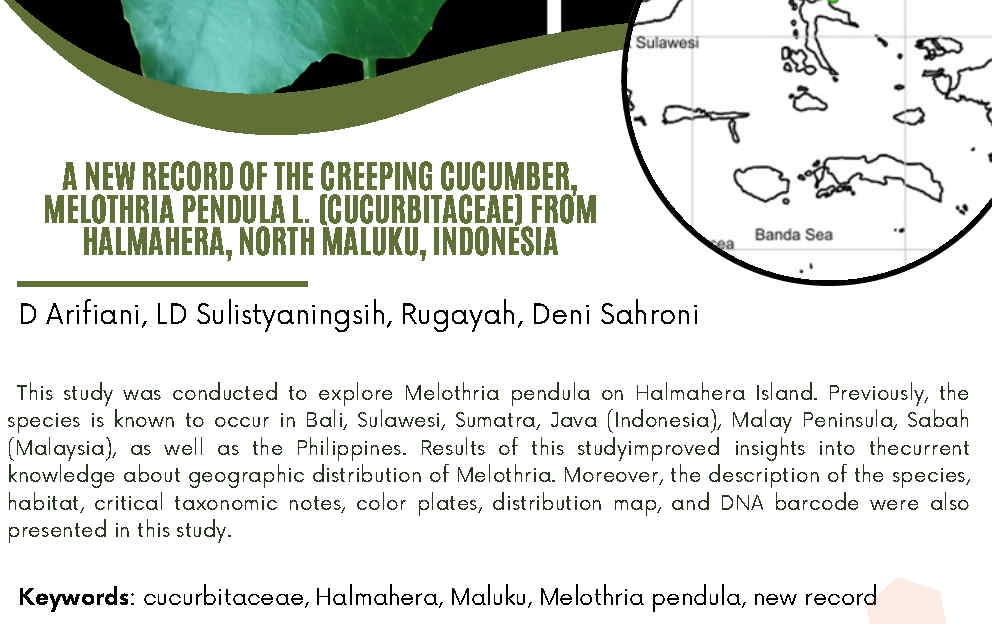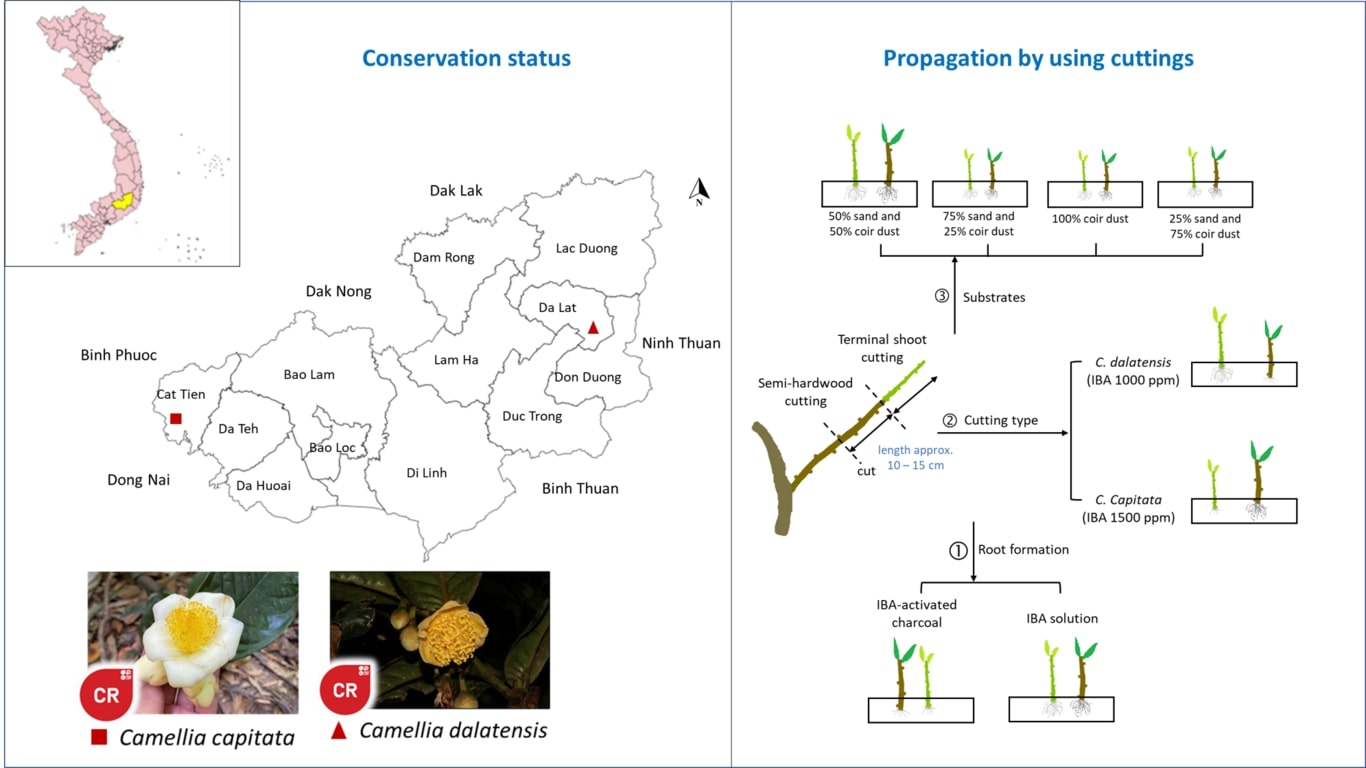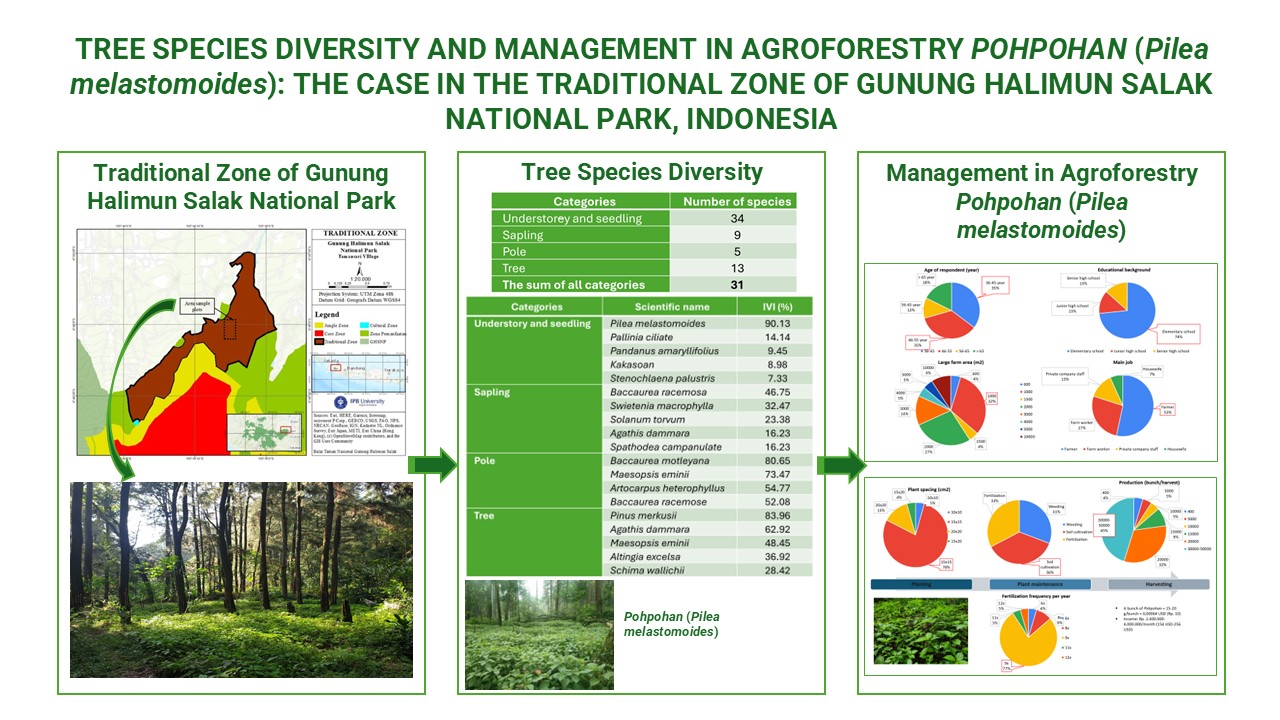GROWTH OF BLACK SOLDIER FLY LARVAE ( Hermetia illucens ) FED WITH PAK CHOI ( Brassica chinensis ) AND CARP ( Cyprinus carpio ) RESIDUES
Downloads
One main drawback of the local animal industry is the inavailability of affordable and sustainable protein supply for the livestock. Insect larvae, such as the Black Soldier Fly (Hermetia illucens) larvae (BSFL), have been considered as a protein source which can be produced at a large scale using low cost organic wastes as feeding material. This study was designed to determine the response of BSFL to various waste combinations of vegetable
and animal remains, Pak Choi (Brassica chinensis) residues (S) and carp (Cyprinus caprio) fish offal (I)). A total of 540 BSFL were fed with 100 mg/larvae/day combination of vegetable wastes: animal waste 70%: 30% (S > I), 50%: 50% (S = I), and 30%: 70% (S < I). Among the feed combinations, the S < I group showed the best results as it produced the significantly highest weight of BSFL at 122.8 mg/larvae and approximate digestibility of 62.01%, with the least pupae mortality rate at 4.29%.
Keywords: bioconversion, biomass, Brassica chinensis, Cyprinus carpio, Hermetia illucen
Downloads
Copyright (c) 2021 BIOTROPIA - The Southeast Asian Journal of Tropical Biology

This work is licensed under a Creative Commons Attribution-NonCommercial-NoDerivatives 4.0 International License.
Authors who publish with this journal agree with the following terms:
- Authors retain copyright and grant the journal right of first publication, with the work 1 year after publication simultaneously licensed under a Creative Commons attribution-noncommerical-noderivates 4.0 International License that allows others to share, copy and redistribute the work in any medium or format, but only where the use is for non-commercial purposes and an acknowledgement of the work's authorship and initial publication in this journal is mentioned.
- Authors are able to enter into separate, additional contractual arrangements for the non-exclusive distribution of the journal's published version of the work (e.g., post it to an institutional repository or publish it in a book), with an acknowledgement of its initial publication in this journal.
- Authors are permitted and encouraged to post their work online (e.g., in institutional repositories or on their website) prior to and during the submission process, as it can lead to productive exchanges, as well as earlier and greater citation of published work (See The Effect of Open Access).

